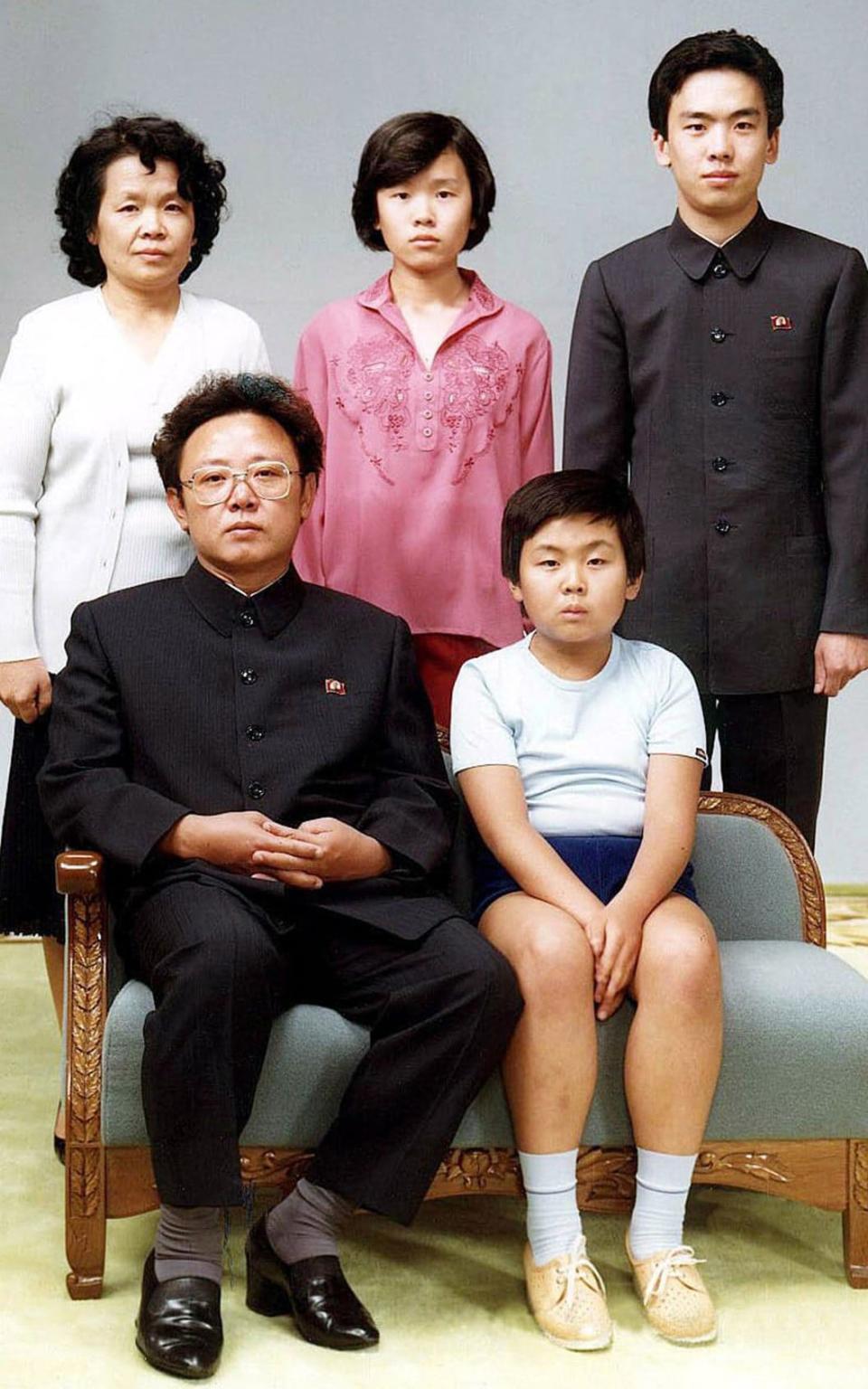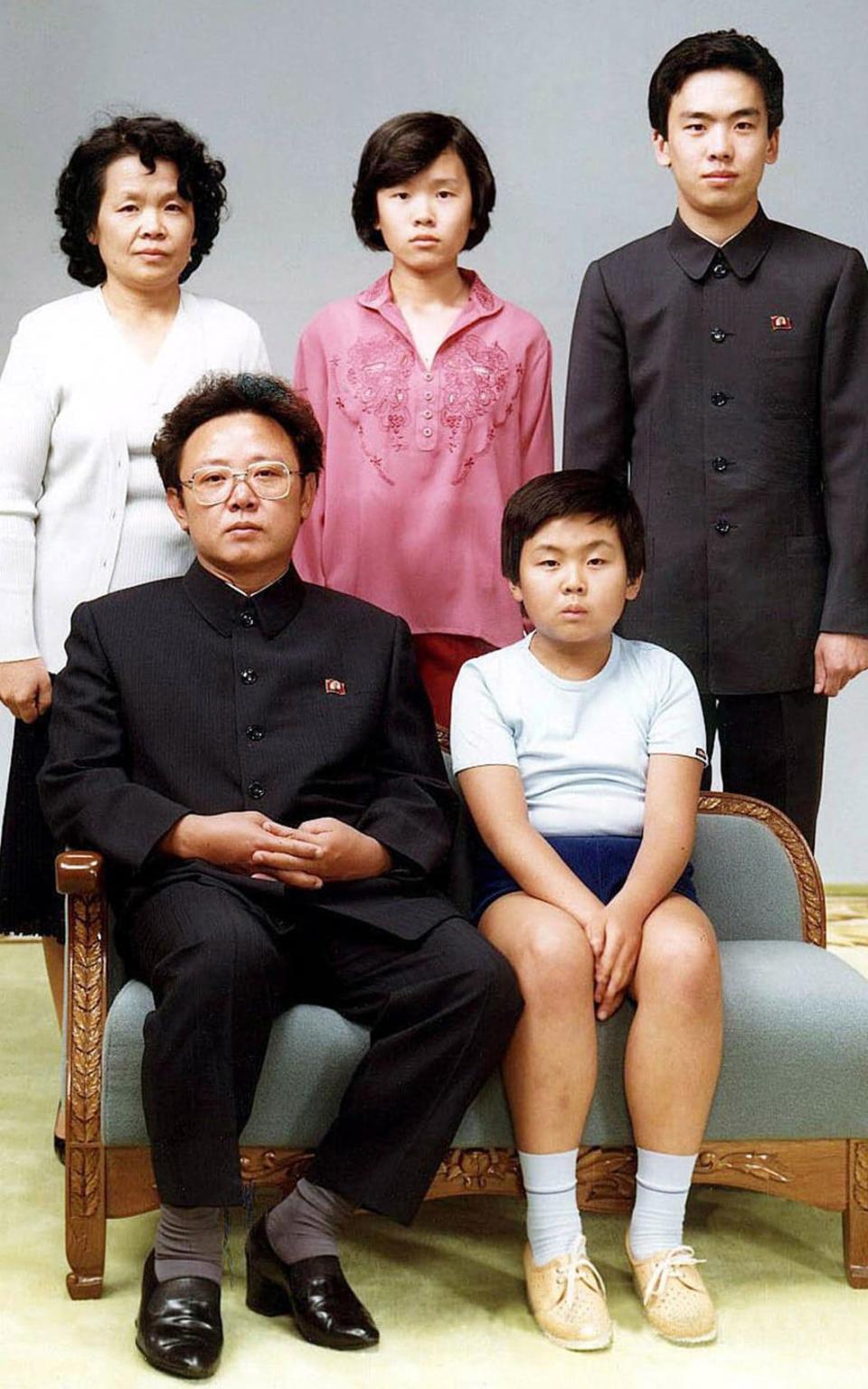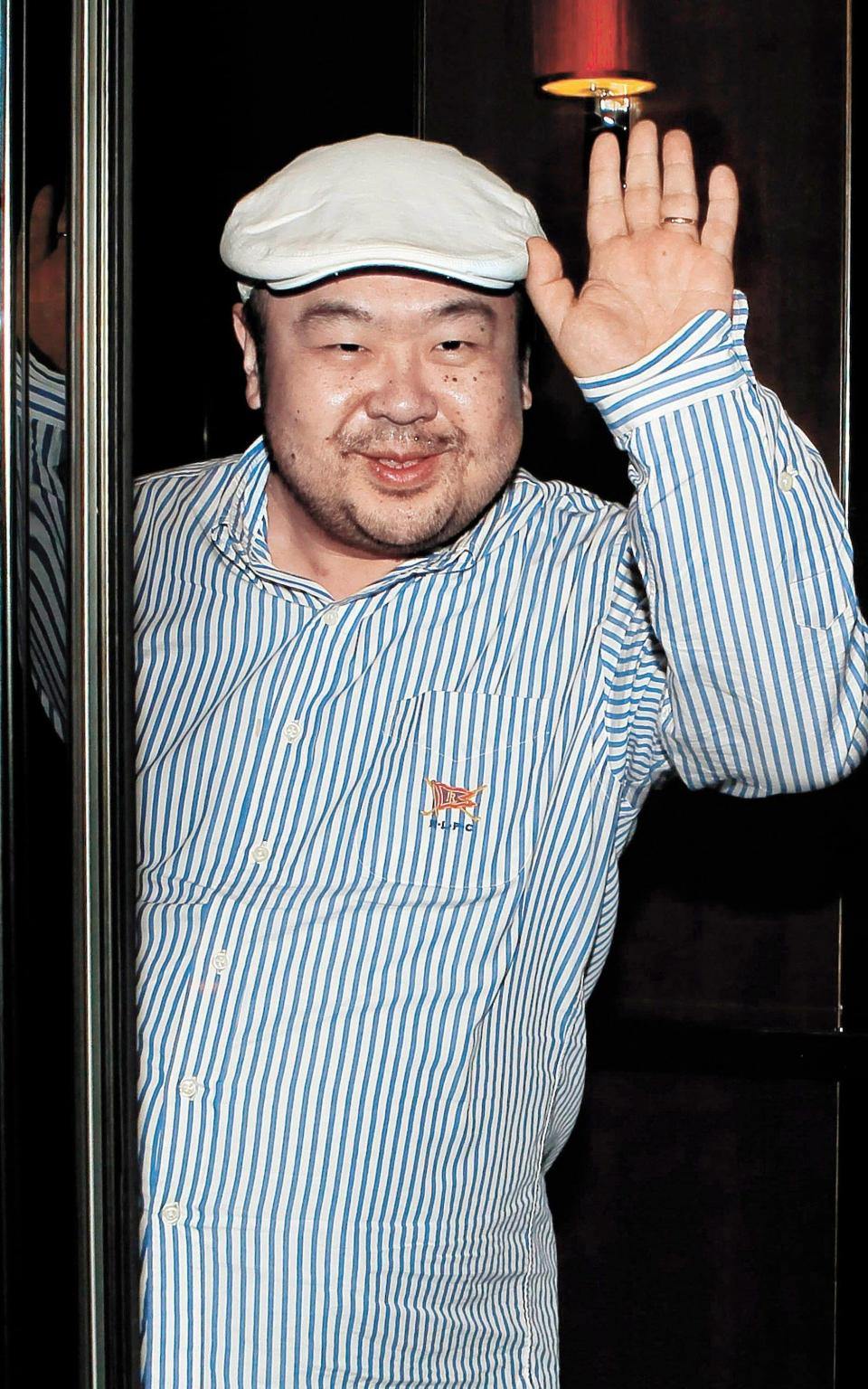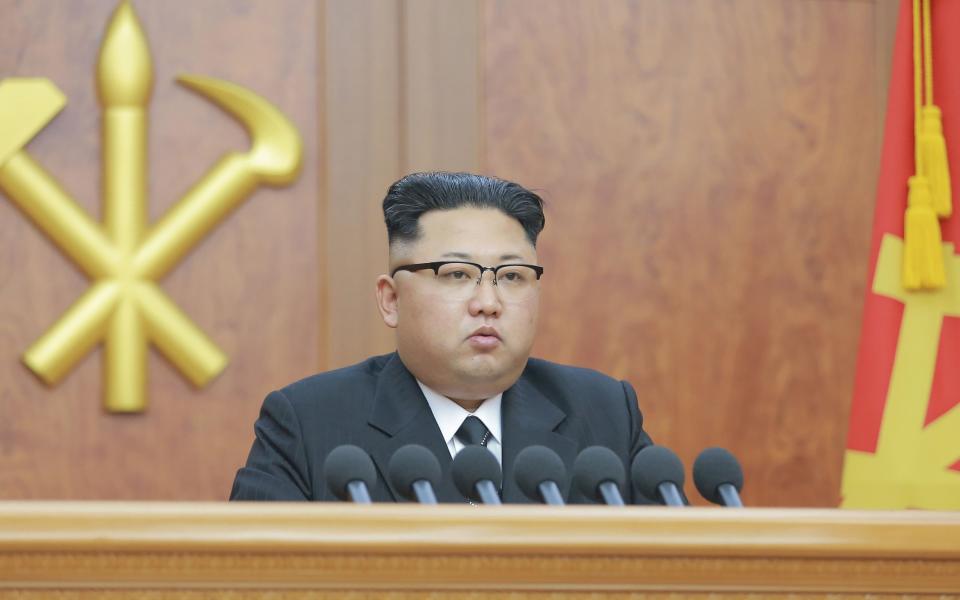Profile: Who was Kim Jong-nam, the exiled half-brother of North Korean dictator Kim Jong-un?
Once the heir-apparent to the world's only communist dynasty, Kim Jong-nam suffered a dramatic fall from grace and had already been forced into exile before the death of his father, Kim Jong-il, in 2011. After that, he went into hiding to evade his ruling half-brother, who feared that he still posed a threat.
Jong-nam was born in Pyongyang in May 1971, the oldest son of Jong-il who would go on to rule North Korea from October 1997 until December 2011. He initially tried to keep his son's existence secret from his own father, Kim Il-sung, who disapproved of his relationship with Jong-nam's mother, an actress.
Jong-nam attended Kim Il-sung University and served with the Korean People's Army until, in 1998, he was appointed to a senior position in the Ministry of Public Security. It seemed he was being groomed to take over from his father.
He was also in charge of developing North Korea's information technology and accompanied his father to Shanghai in January 2001 for discussions on the IT sector.
Yet, only four months later he was arrested at Tokyo's Narita International Airport with two women and a four-year-old boy, identified as his son. Jong-nam was travelling on a forged Dominican Republic passport and used a Chinese alias, Pang Xiong, which means "fat bear" in Mandarin. He was held for three days.
During interrogation he told immigration officials that he had wanted to visit Tokyo Disneyland. Later, in his book "Under the Loving Care of the Fatherly Leader", Bradley Martin said Jong-nam had visited Japan on numerous previous occasions and was a regular in some of the bathhouses in Tokyo's Yoshiwara red-light district.
An embarrassed Jong-il then cancelled a planned visit to China and Jong-nam effectively went into exile in Macau, where he was reportedly using a forged Portuguese passport to travel. In brief press interviews, he claimed he had no plans to defect and "no interest" in taking power in North Korea.
The position of heir apparent in Pyongyang was swiftly passed on to Jong-un, his younger half-brother, who inherited the leadership on his father's sudden death in December 2011. It is likely that Jong-un saw Jong-nam as a threat to the legitimacy of his rule from the outset.
Jong-nam will not have endeared himself with comments attributed to him in a book by Japanese journalist Yoji Gomi titled "My Father, Kim Jong-il, and Me". In the book, he said he expects the regime of Kim Jong-un to collapse because he is too young and inexperienced. In another interview, he said that he was opposed to North Korea's hereditary control of power.
Kim Jong-nam reportedly left Macau in late 2012 after becoming concerned for his safety; a North Korean agent arrested in South Korea admitted during questioning that he had been tasked with assassinating Kim in July 2010 and there were reports of a failed attempt on his life in the city shortly after the death of his father.
Kim Jong-nam later spent time in Singapore before being spotted in Malaysia in January 2014, after his half-brother ordered the execution of Jang Song-thaek, his uncle and mentor.





